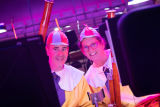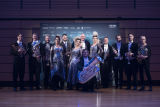Taking 5 with Brett Weymark
Blog ·
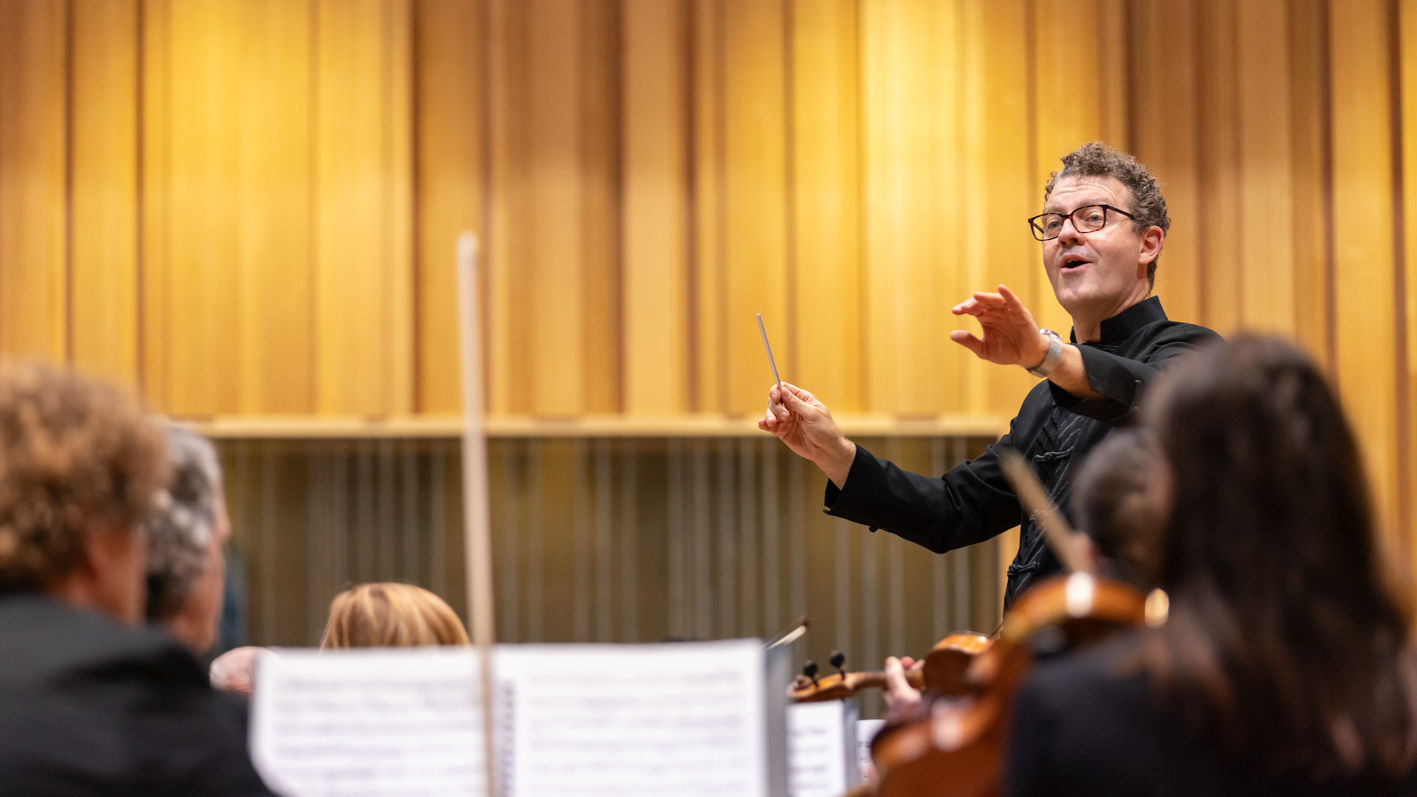
Brett Weymark is regarded as one of Australia's foremost choral specialists, having led Sydney Philharmonia Choirs for over 20 years.
Ahead of our upcoming Messiah performance, we sat down with Brett to trace his musical journey, learn more about what makes a choir tick, and discover just how many times he's conducted Handel's iconic masterpiece.
Tell us a bit about your musical journey. Was music a part of your childhood? How did you find your path as a conductor?
Oddly enough, I came from a fairly unmusical family and was lucky enough to go to a primary school that took music seriously. I think from the first day I wanted to play the piano and sing. I was lucky to tap into many opportunities on offer when I was growing up - from playing timpani in combined orchestras to conducting choirs at music camps. By the time I finished school, I wanted to either be a singer, actor or lawyer! Law lasted a year, I never got into NIDA, but I did end up singing in The Song Company and have never looked back. We did some conducting at Sydney University but it wasn’t until I became the assistant chorus master at Sydney Philharmonia Choirs that I thought I might be able to make a living of this.
You’ve now worked as a choral specialist for over 20 years. In your observations, what is it about belonging to a choir that is so unique?
It’s about people - connection, listening, commitment and striving towards something where the whole is greater than it's individual parts, but those parts all have such a rich role to play. The best choirs are a collection of individuals all singing with one voice but not suppressing their unique contribution. If more people sang in choirs, the world would be a more empathetic and harmonious place.
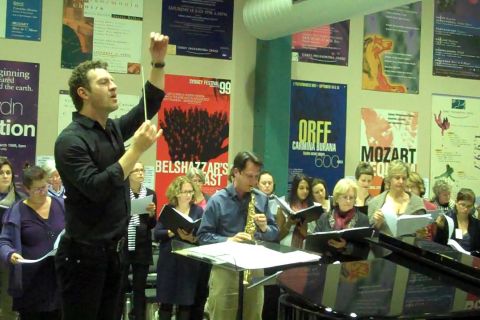
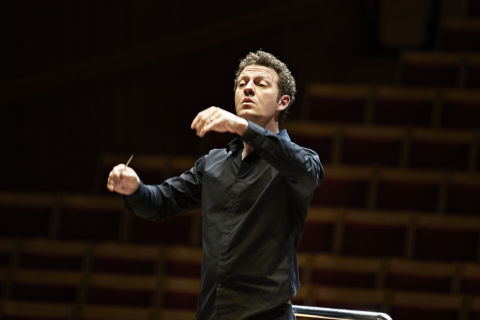
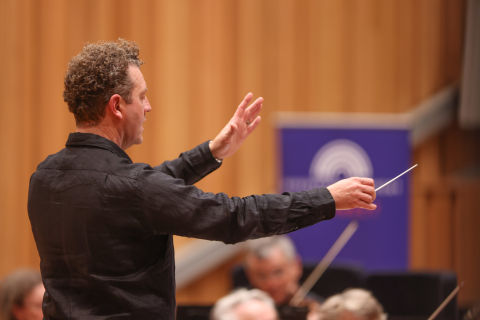
Handel’s Messiah is a musical masterpiece and one you’ve conducted many times. How do you approach each performance with fresh eyes and ears? Are there still surprises in the score?
I have definitely sung, chorus-mastered, and conducted Handel's Messiah at least 50 times, and there are always surprises! Each choir will be able to do things the previous could not, or a singer will phrase something slightly differently, or a trumpet player will have a moment of sprezatura (nonchalance) in performance that just takes your breath away. I feel the piece is more like a jazz standard where you find the groove together with the people you are performing it with.
How do you prepare to conduct a large choral work? What elements are the most important for collective success?
I prepare well in advance by singing all the solo and choir parts, and then I start working through the orchestral materials. Most important for a collective success? A well trained choir. Singers who connect with the meaning of the text and the ethos of the work, but at the same time find the humanity in the musical setting. An orchestra that can turn on a dime and enjoy a certain amount of danger! The work should have a certain spontaneity about it.
You’re throwing a dinner party – which three artists do you invite?
Golly. I would have loved to met Benjamin Britten but now that I have read every biography, he might just be a little too scary! Jørn Utzon, to find out what the actual Sydney Opera House was meant to look like. And this is a bit of an odd choice, but Gough Whitlam, a political idol. I'm keen to see if we could put the arts back on the front foot of society and not an added extra - a basic human right: equal access to culture and education.
Watch Brett in action conducting Handel's Messiah on Thursday 28 March at 7.30pm in the QPAC Concert Hall.

